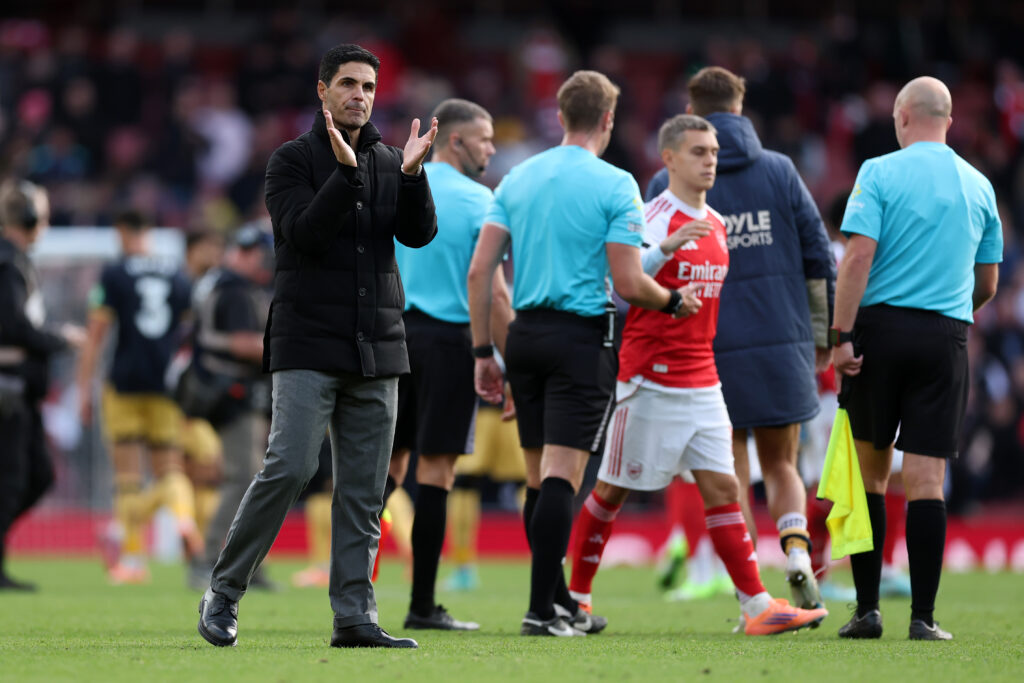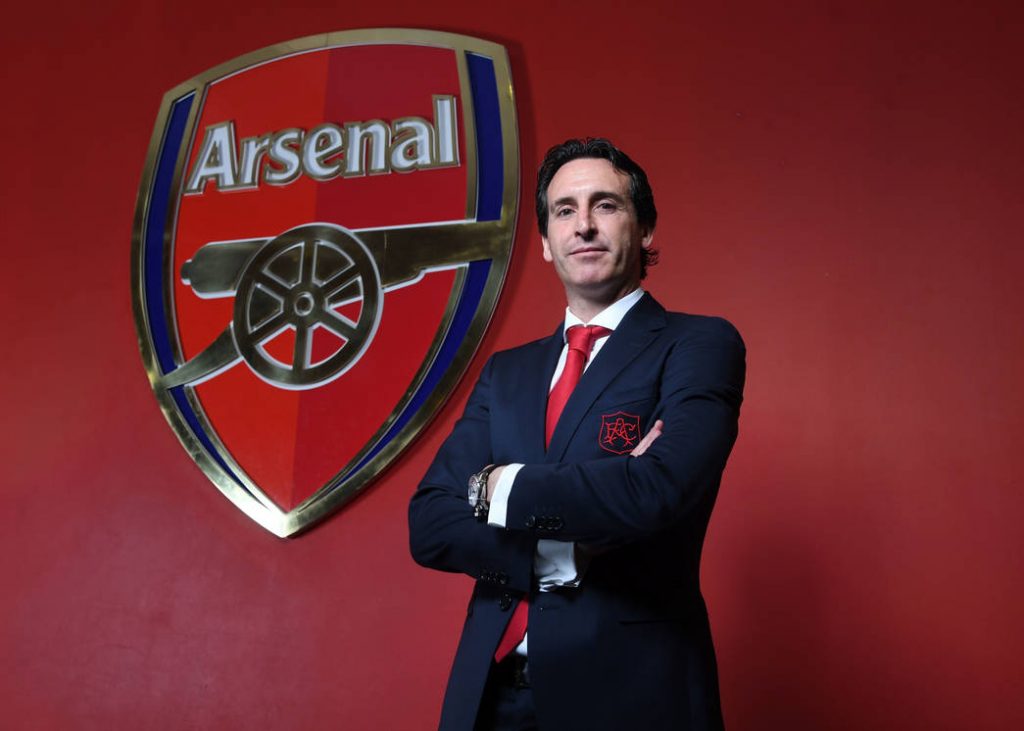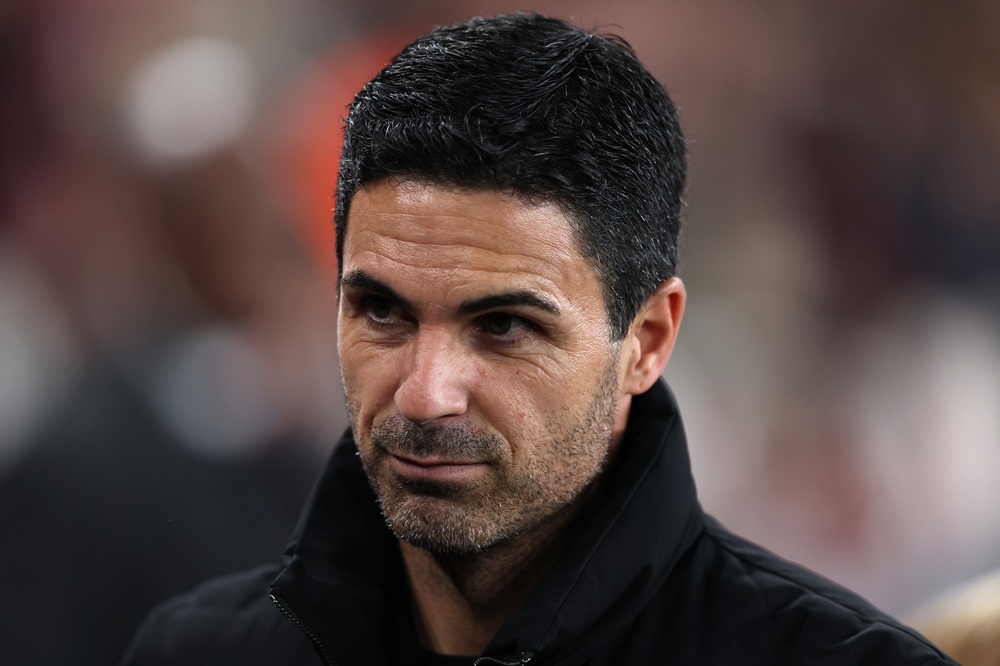Saturday’s win over West Ham marked Mikel Arteta’s 300th match in charge of Arsenal, and the numbers tell their own story.

With 177 victories, he is now joint fifth for the most wins by a manager of a top-flight English side in their first 300 games, level with Jürgen Klopp and behind only Pep Guardiola, José Mourinho, and Kenny Dalglish.
Guardiola leads the list with 219 wins, followed by Mourinho on 196, Dalglish on 185, and then Klopp and Arteta on 177 apiece.
What sets Arteta apart, however, is the context.

This is his first managerial job. Guardiola had already managed 408 games before joining Manchester City, Mourinho 157 before Chelsea, and Klopp an extraordinary 589 before Liverpool.
Dalglish is the only comparable exception, but he inherited a Liverpool side that was already winning titles.
Arteta, by contrast, walked into a club on its knees.

Arsenal were a mess, the squad directionless and weighed down by underachievers and overpaid mediocrity. The culture had collapsed, the stands had turned on the club, and the bond between supporters and the team barely existed.
In six years, Arteta has rebuilt everything, although he of course had a lot of help.

Arsenal are now cohesive, competitive, and playing some of the best football in Europe. While major silverware has so far proved elusive for a number of reasons, their consistency and improvement are undeniable.
For three seasons, Arsenal have been among the most competitive sides on the continent. They now have the best squad in the Premier League and one of the youngest, built with a clear plan that is moving them ever closer to their first league title in over 20 years.
Arteta’s win record, viewed in isolation, is impressive.
In context, it is spectacular.
